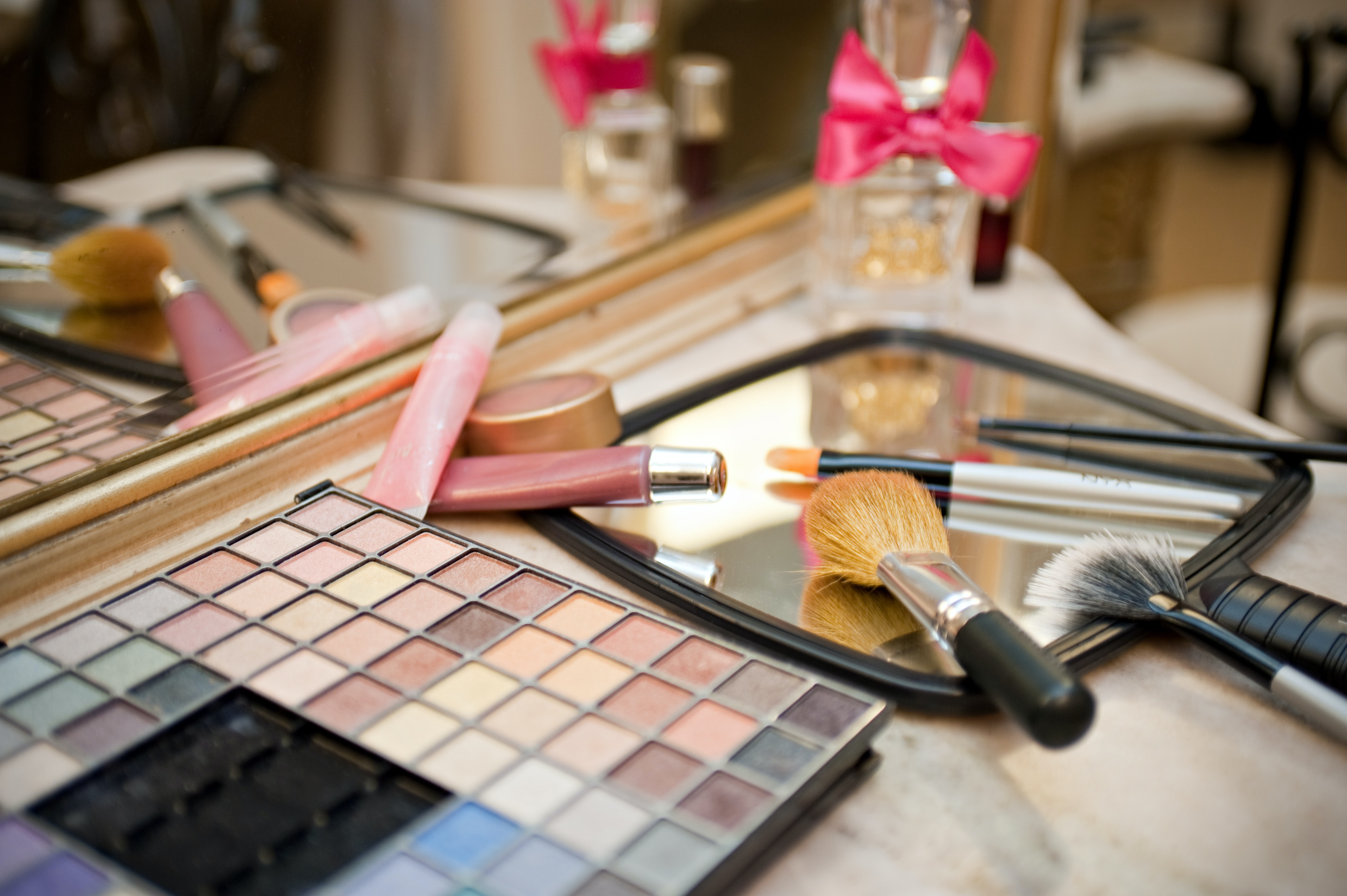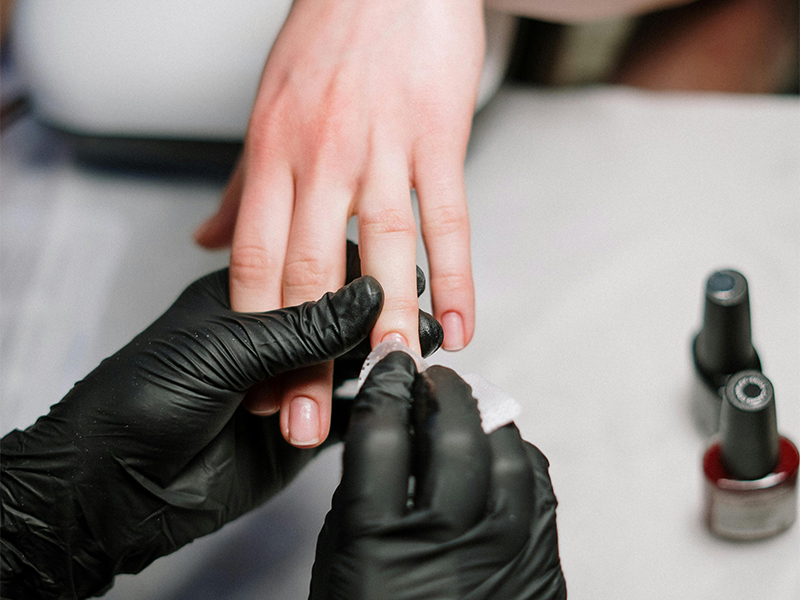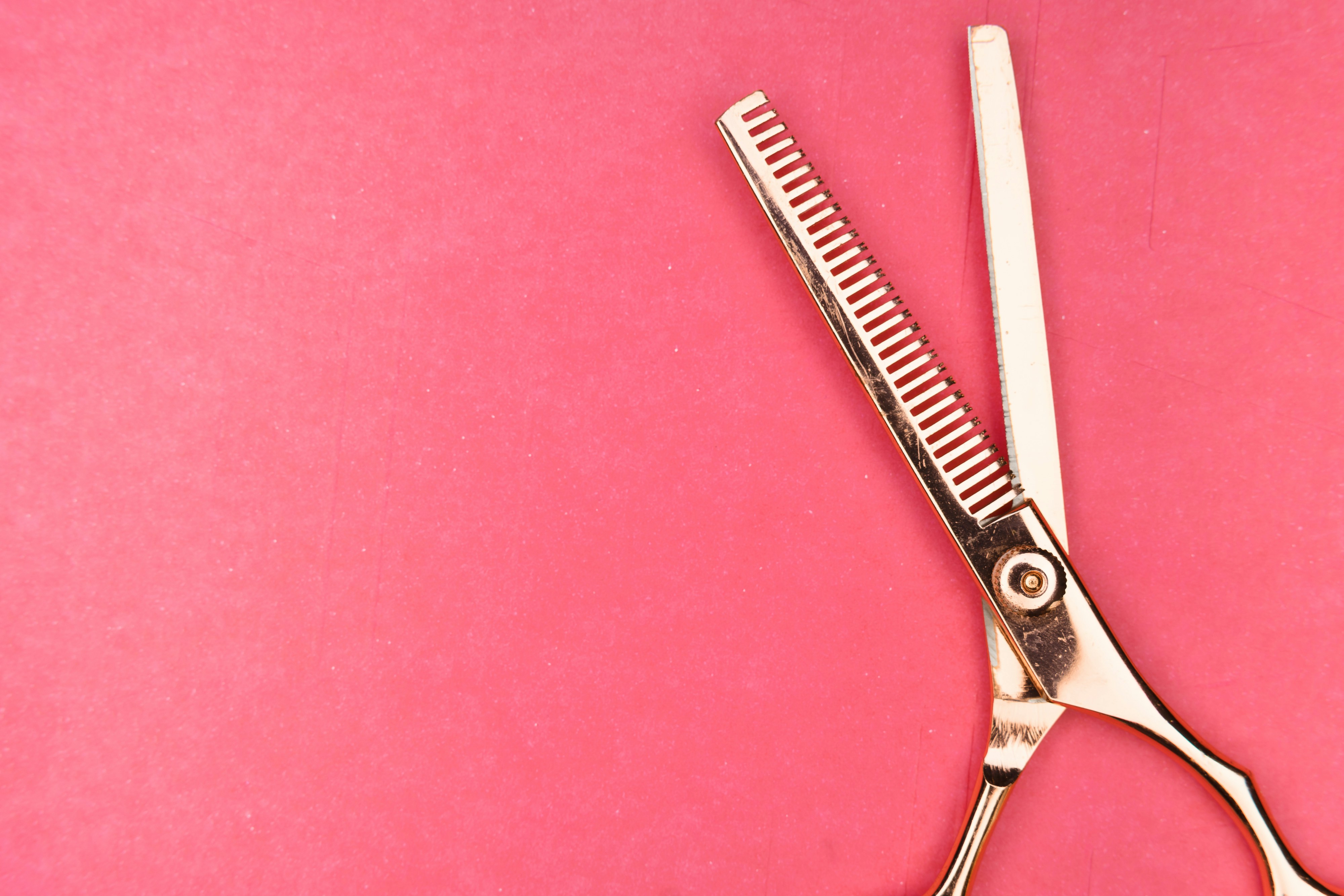We all know that Covid-19 has undeniably been one of the major factors involved in the digitization of the direct-to-consumer cosmetics and personal care industry. The evolution has enabled digitally native cosmetics and personal care brands to win significant market share.
Amanda Pond, founder and CEO at MOD Consulting, shared her insights on which new digital trends brought about by Covid-19 are cosmetics and personal care consumers responding to.
The pandemic has really created a whole new world interactive to consumer. Amanda said; “The fact is that many brands are starting to have to be a lot more agile and be able to adapt to change, and quickly consumers are really focusing on the digital space now than ever. But a brand may not rely on e-commerce space only.” Consumers are really looking for brands that are offering them more than just a product. They want to have personalized product. They are looking for brands that are going to give them a sense of community and feel like they are part of something.
“A lot of the trends that we're seeing, and ways brands have been doing that, have to get really creative.” Amanda said. When you think about beauty, it was in retail and traditional retail and sampling and talking to sales people in a store, getting recommendations, and now they all really move into the digital space. People are really relying on influencers, such as IGTV and TikTok as well as all types of different platforms to really get their recommendations, because sampling is almost obsolete at this point. Using air technology, SMS and all of these new technologies that we had are creating personalization and recommendations for consumer, so they're able to really get recommendations of products in a different way. And the trend is going to stay in 2021.
“The retail is currently going to be permanently changed, though there still will be a reliance on traditional retail,” Amanda said: “ However, I think that split is going to be more obvious…with digital really probably surpassing retail in 2021 as a lot of consumers are just looking for convenience now than ever.”
Luxury is almost being really redefined in a way. I don't think customers are really straying away from getting luxury products that they typically would have got in luxury retailer. Customers are just looking for the most convenient way they got products in their hands. A lot of their reliance is going to be in the digital space, and things like chatbot will be in customer service.
Regarding the e-commerce platform, these types of elements are really going to evaluate your e-commerce experience. And any way that you can touch the consumer just on a much deeper level digitally, it's about personalization; it’s about really reaching the consumer in a different way than we did before. We're now seeing that done in e-commerce platforms in really unique ways.
Whether that's virtual master classes, webinars, IGTV, Tiktok as well as any type of ways to reach the consumer, it’s being done in a much different way than before. The old way of direct selling and pushing sales is really no longer to continue. It's ultimately going to be much more about providing a sense of community and helping the consumer, providing them a lot more value than just a product.
Digitally native brands, like DTC brands, had this advantage when the pandemic first hit, because they were so exclusively online. So many heritage brands, like luxury brands, are working to basically catch up and embrace these new digital technologies. So how do the heritage brands doing? Are they able to catch up to the DTC brands?
“The DTC brands definitely have an advantage because they already had that infrastructure in place.” Amanda said: “They were already reaching the consumer in that way and they're just doing that to fold and ramping that up, whereas the heritage brands are trying to catch up.” A lot of these heritage brands are much better funded than some of these smaller direct-to-consumer brands, so they definitely have financial means to be able to catch up and put the infrastructure in place and digital platforms. However, it'll take a lot more time to build that sense of community, build up trust, and build up authenticity. Whereas the director-to-consumer brands already have that with their customers, because they are doing that from the onset.
Luxie Beauty have experienced significant growth in 2020. Chunk Cantrell, VP of e-Commerce at Luxie Beauty shared us what he attributes the growth to and how has he taken a data driven approach to e-commerce.
“I think that our growth is actually come from an opportunity to really just tell people who we are, to tell our story, to have that story resonate more clearly with the more attentive marketplace or audience matter when a man was saying,” Said Chuck: “Consumers’ shopping patterns are everywhere in our lives…and what I spend a lot of my time doing is trying to spot the patterns, which actually help us really driving our business forward.” The pattern recognition is the key point, because the data is just and it's there for the taking. Luxie Beauty’s growth is really focusing on looking for the patterns in the data for how consumers act and react to what they say and do and in the transaction on that.
Recognize those patterns and take advantage of how people think can work around our product to present it to them in a way that they will be more willing to accept it, which really helps to drive significant growth on Luxie last year. It's important to recognize that when we look at these patterns, they do change. Digital market is important to connect those experiences to help present our brand to consumers, wherever they are, physically or within their buying journey. To that point, Chuck said he hesitates to say that the world will change that much retail has existed for years.
Consumers have actually responded to us speaking their interests. That's really been a big change. We love new beauty in all of the forms. “When I started Luxie…we noticed that 10% of our market actually identified as male,” Chuck said: “Actually, it was amazing for me, because it was just another opportunity to go to a market and help them expose their beauty.” Based on that understanding, they leveraged multiple data outlets and made the growth of their male consumers from 10% to now 25%. They don’t just market to women; they market to humans.







